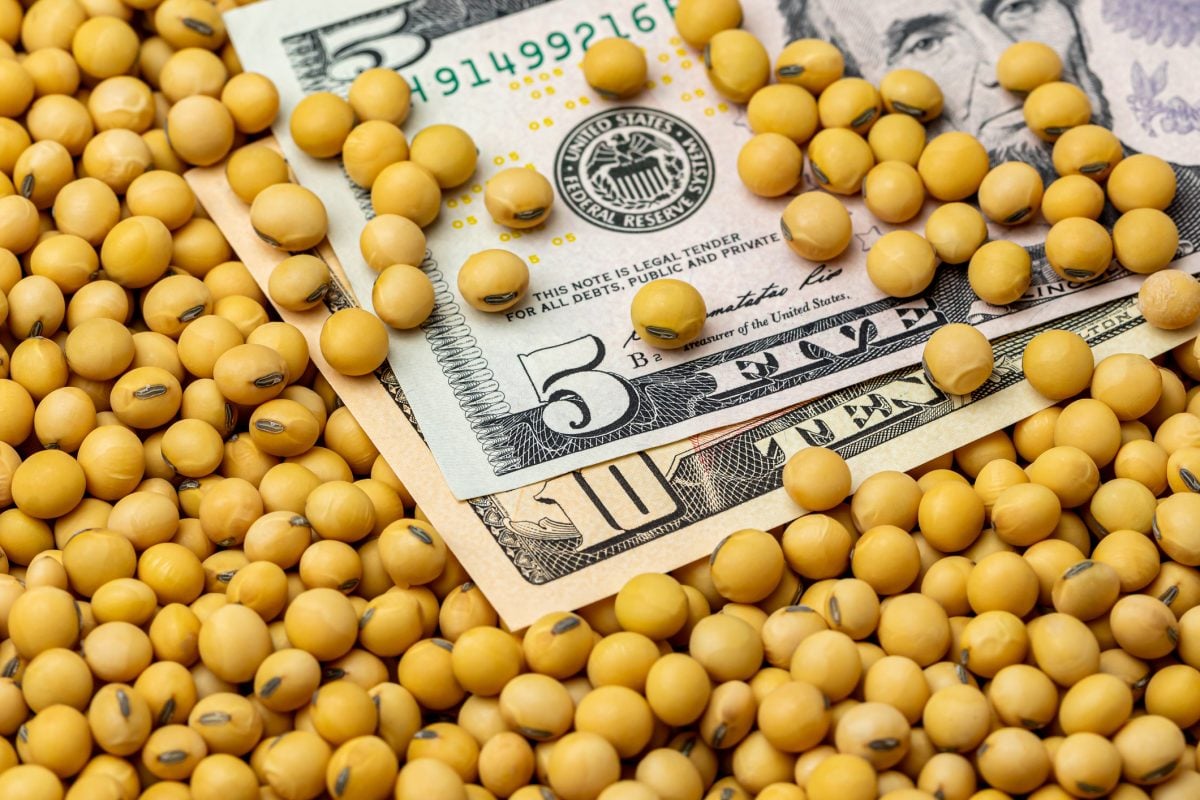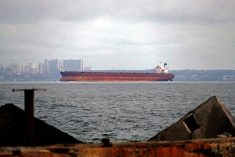Moscow | Reuters — Russia has significantly cut railway loading of grain for export, industry sources said, adding to informal curbs to overseas shipments.
Russia, one of the world’s main wheat exporters, is restricting grain exports to try to cool domestic prices as the country tackles a currency crisis linked to plunging oil prices and Western sanctions.
Railway loading has been cut from Dec. 17 for an indefinite period, three sources familiar with the situation told Reuters on Thursday. State-controlled Russian Railways, which has a monopoly on rail shipment, declined to comment.
Read Also

U.S. grains: Soybean futures hover near 15-month high after China buys U.S. cargoes
Chicago Board of Trade soybean futures hovered near a 15-month high on Wednesday after trade sources said China made its first purchases from the autumn U.S. harvest ahead of a summit between leaders Donald Trump and Xi Jinping.
The move is an addition to the country’s tougher rules for quality checks, imposed by state food safety watchdog earlier this week to prevent grain from leaving the country.
Both have not been officially announced and it remains unclear whether they will lead to the total suspending of exports.
“I think we are not talking about a total informal ban,” the head of IKAR agriculture consultancy, Dmitry Rylko, said. “From time to time there can be some approvals.”
The food safety watchdog, VPSS, has been allowing supplies to Turkey and Egypt, the largest buyers of Russian wheat, and to India and Armenia as well, according to the Russian grain exporters’ lobby.
Several trade sources also add Syria to this list.
Russia’s 2014-15 grain exports were previously expected at around 30 million tonnes, of which 19 million tonnes had already been exported since the start of the marketing year on July 1.
The size of the decline in exports which new restrictions may cause depends on the country’s domestic prices, Rylko said.
Russia’s agriculture ministry plans to raise prices for its restocking programme as it aims to buy a further 3.5 million tonnes of grain to add to its 1.5-million tonnes stock.
The market price was higher than the state price last week, but may fall to the ministry’s level without demand from exporters, Rylko said.
— Reporting for Reuters by Polina Devitt in Moscow. Additional reporting for Reuters by Gleb Stolyarov, Valerie Parent and Sybille de La Hamaide.











